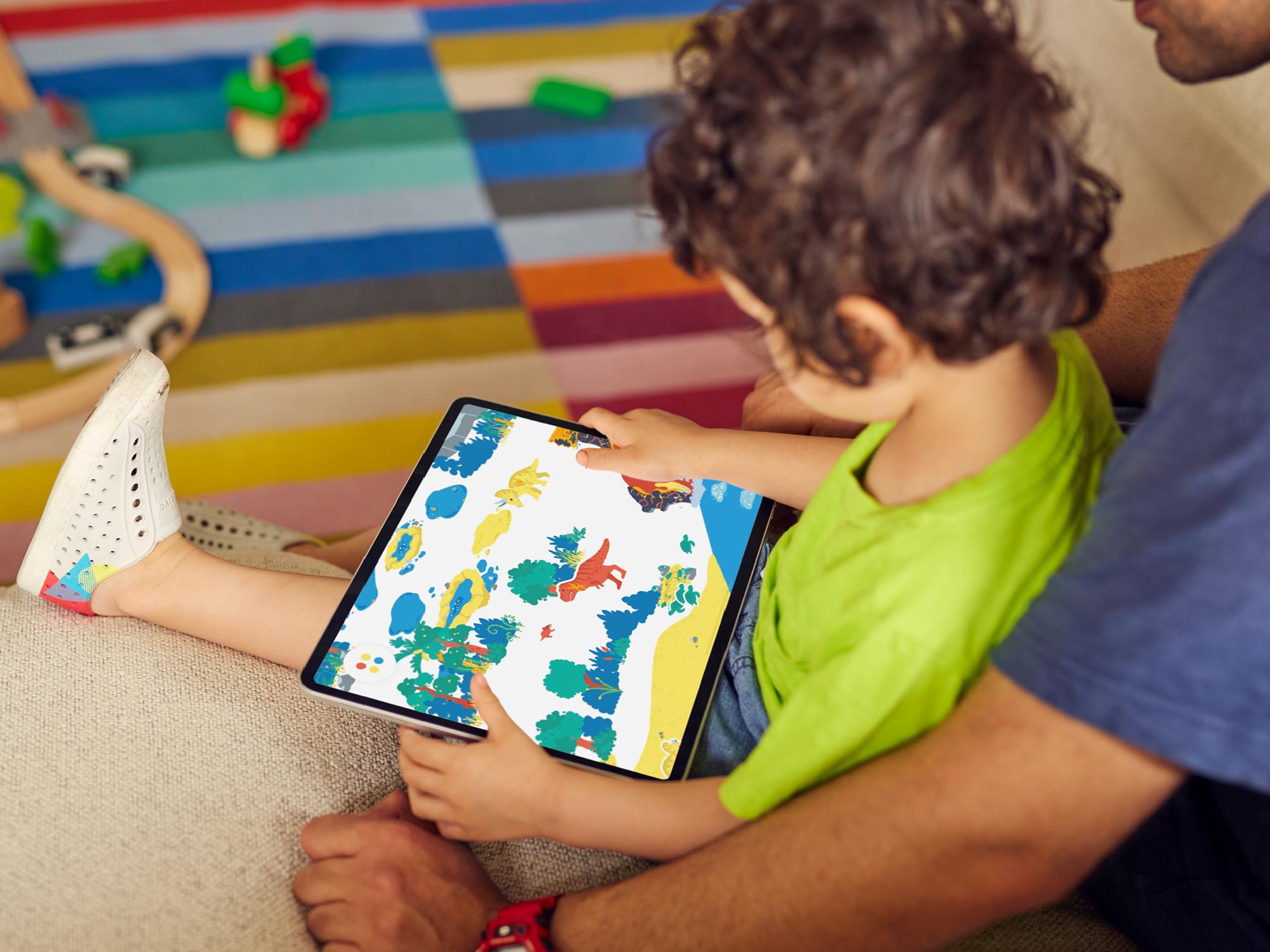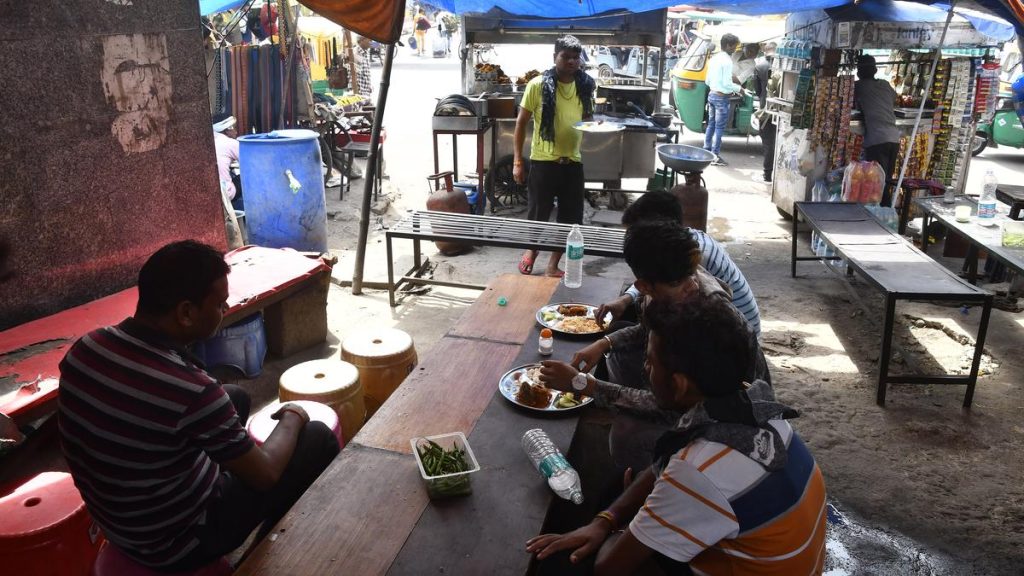Now Reading: Smart App Transforms Kids’ Screen Time into a Quiet, Educational Experience
-
01
Smart App Transforms Kids’ Screen Time into a Quiet, Educational Experience
Smart App Transforms Kids’ Screen Time into a Quiet, Educational Experience

Fast Summary
- Pok Pok is a Montessori-inspired app designed for children ages 2-8, promoting low-stimulation play and meaningful screen time.
- Features include no ads, hand-drawn art, offline functionality, and science-backed learning based on Montessori principles.
- New content updates ensure continued engagement without levels or scores; children can explore at their own pace.
- Promotes creativity,focus,independence,and lifelong learning skills in children.
- Currently available as a lifetime subscription deal for $59.99 (original price $250).
Indian Opinion Analysis
In an era when screen time has become ubiquitous globally, including India’s rapidly digitizing households where access to devices is widespread even among younger children, tools like the Pok Pok app could provide an option to overstimulating or purely entertainment-driven digital experiences for kids. Emphasizing Montessori-based education aligns with India’s growing awareness of child-led pedagogical approaches that support independent thinking and creativity.
For Indian parents and educators grappling with balancing technology use in early childhood growth settings-especially considering rising working-parent populations-such apps may fill a niche by offering both engagement and value through quiet exploration-centered design rather than competitive gameplay models. The concept could foster better cognitive outcomes while reducing dependency on passive entertainment.
India’s diverse parental demographic might find appeal here due to the affordability of the one-time lifetime subscription paired with its promise of stress-free usability (ad-free design) suitable for multitasking environments like travel or rural offline contexts.
While unique advantages exist theoretically within India’s cultural needs around education-tech solutions prioritizing calm interactivity over overstimulation remains valuable discourse.



























